Publications
Articles, publications, books, tools and multimedia features from the U.S. Institute of Peace provide the latest news, analysis, research findings, practitioner guides and reports, all related to the conflict zones and issues that are at the center of the Institute’s work to prevent and reduce violent conflict.
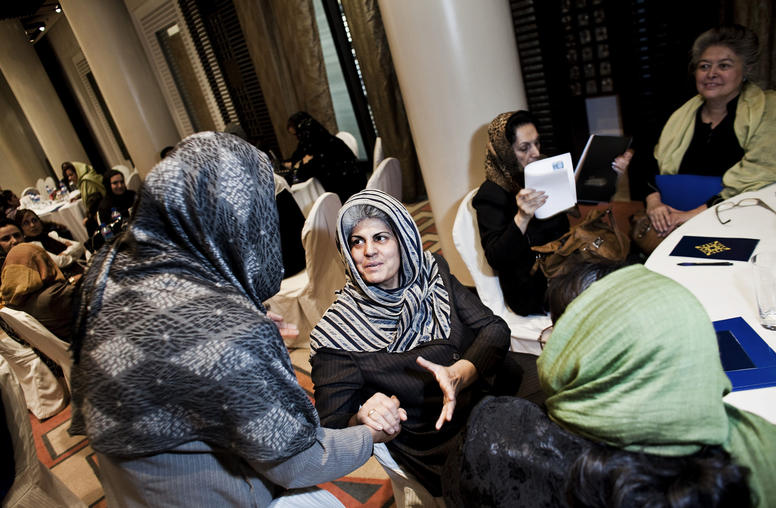
How can we negotiate with the Taliban? Afghan women know.
Afghan political leaders met in Moscow this week with Taliban representatives amid new momentum in diplomatic efforts to end Afghanistan’s war. Like other recent discussions, including those between U.S. envoy Zalmay Khalilzad and Taliban representatives in Qatar, Afghan women remain almost entirely excluded. Yet mostly unnoticed amid the formal diplomacy, Afghan women at their country’s grass roots already have managed negotiations with local Taliban leaders.
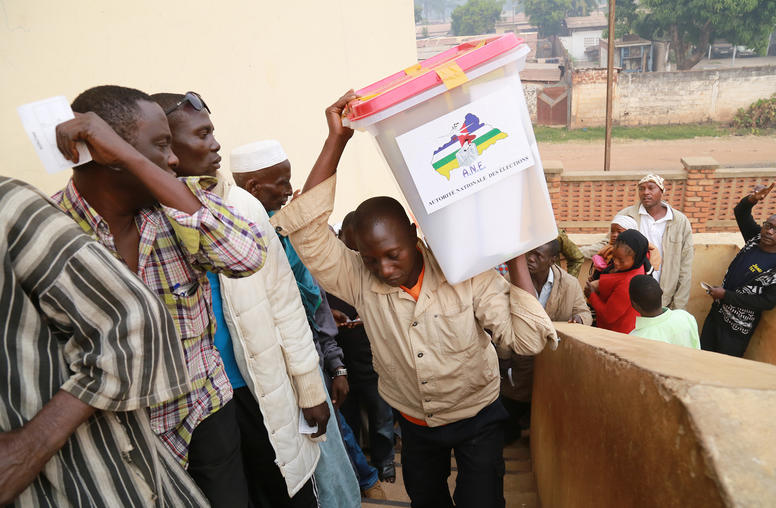
What is the Central African Republic’s Divided Parliament For?
As the U.S. House of Representatives continues to adapt to the leadership of a new speaker, 6,000 miles away, the legislature of the Central African Republic (CAR), the National Assembly, has also recently elected a new leader. However, a change of leadership will not be sufficient to overcome the many challenges and weaknesses faced by this parliament, as the country continues to face rebel groups, communal violence, corruption, and intransigent poverty. The responses of many representatives to recent interviews with USIP raise a more fundamental question: given the context of the CAR, what is a parliament for?

Mona Yacoubian on the State of Play in Syria
Eight years of conflict has decimated Syria’s infrastructure and shredded the social fabric. But, intelligence officials expect ISIS to be “fully ejected” from Syrian territory in the next two to four weeks. Mona Yacoubian argues that a precipitous U.S. withdrawal could lead to an ISIS resurgence and examines the complex regional situation.
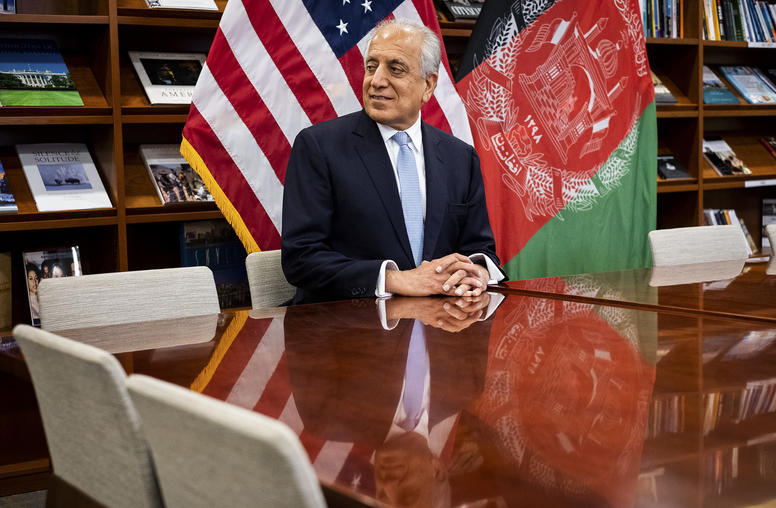
U.S.-Taliban Talks Make ‘Significant Progress’: What’s Next?
After years of stalemate, a framework deal between the U.S. and the Taliban has inspired hope that the Afghan war—the longest in U.S. history—could come to an end. USIP’s Scott Worden analyzes the progress made in recent talks, why the U.S. is now directly negotiating with the Taliban and the implications of further negotiations and a potential peace deal on Afghanistan’s 2019 presidential election.
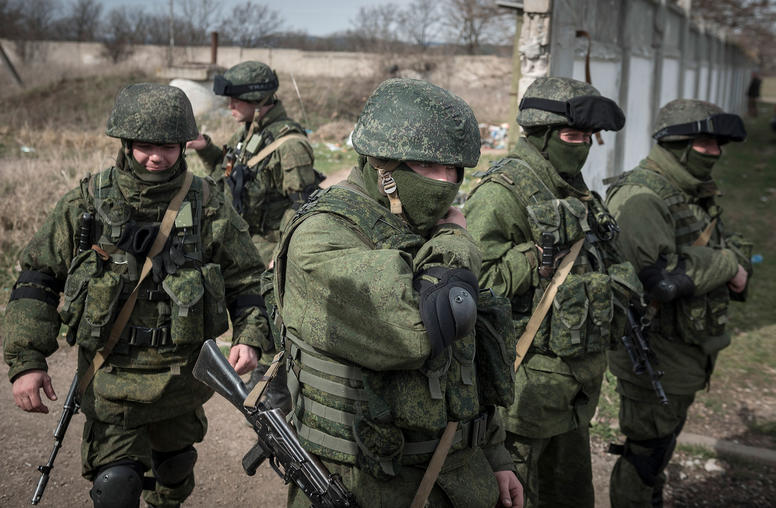
It’s Time to Stand Up to Russia’s Aggression in Ukraine
Five years ago, Russia rolled into Crimea, orchestrated a swift and one-sided referendum, and annexed the Ukrainian territory. The West was blindsided by the attack and slow to provide any response. As a result, Russian President Vladimir Putin launched a second invasion of Ukrainian soil—this one in the country’s east. This attack met stronger resistance, and eventually the West swung into gear to push for a cease-fire and to impose sanctions on Russia. Yet the conflict rumbles on and has killed over 10,300 Ukrainians so far.

Kathleen Kuehnast on the 2018 Nobel Peace Prize Winners
Highlighted by the 2018 Nobel Peace Prize award to Dr. Denis Mukwege and Nadia Murad—advocates for survivors of wartime sexual violence—the issue of sexual abuse has gained international recognition. USIP’s Kathleen Kuehnast attended the ceremony, saying, “People were standing in solidarity to what they were hearing. We can no longer be indifferent about this type of criminal activity.”

Ukraine’s Elections Could Turn Violent—This is How to Prevent It
Ukraine is facing a busy election season in 2019, with presidential elections on March 31 and parliamentary elections scheduled for October, amid a challenging security context. Many Ukrainians expect turbulent and “dirty” elections with increased tension during the campaign periods, and between Election Day and the likely presidential run-off.
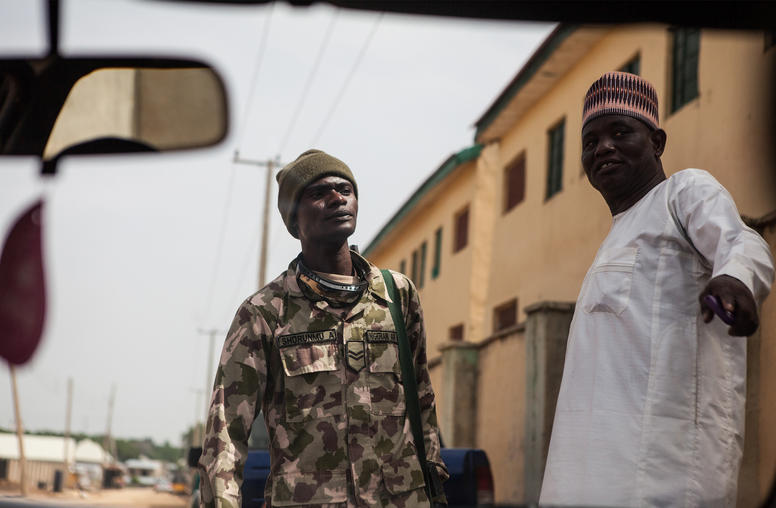
Civilian-Led Governance and Security in Nigeria After Boko Haram
Focusing on northeast Nigeria and the Lake Chad Basin, this Special Report outlines the rise of the Boko Haram insurgency in Nigeria and the security and governance challenges in the wake of its possible decline.
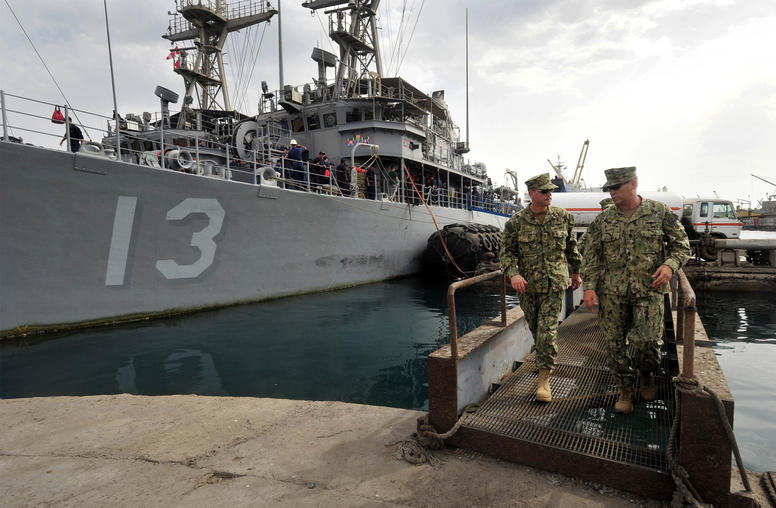
In Red Sea Region, Competing Outside Powers Complicate U.S. Interests
David Shinn, a former U.S. ambassador to Ethiopia and Burkina Faso, examines how great and regional power competition is impacting political and security dynamics in the Horn of Africa and complicating U.S. interests in the region.
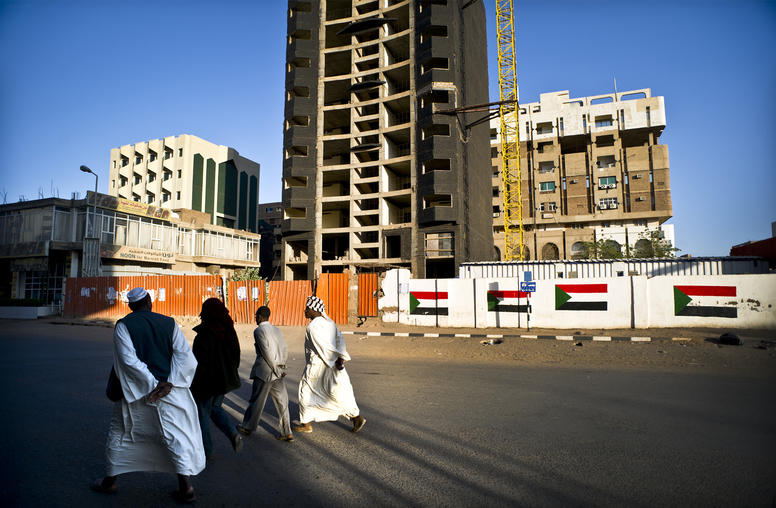
Reforming the U.S.-Sudan Relationship Requires a Regional Strategy
On November 7, the U.S. Department of State announced long-awaited plans outlining a path to better relations with Sudan, “designed to expand our bilateral cooperation, facilitate meaningful reforms to enhance stability in Sudan, and achieve further progress in a number of areas of longstanding concern.” USIP’s Aly Verjee and Payton Knopf discuss the initiative, and identify where broader U.S. regional objectives could cohere, including in the war in Yemen.